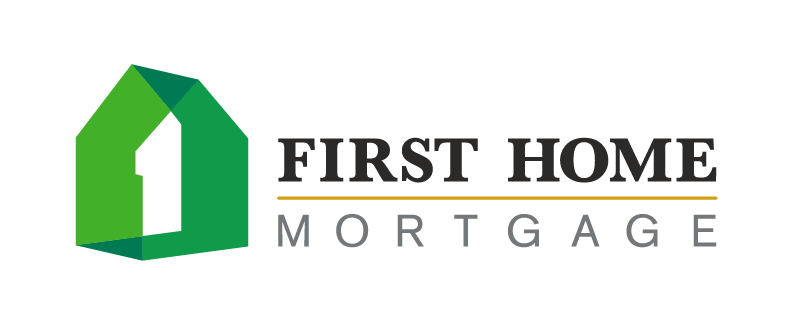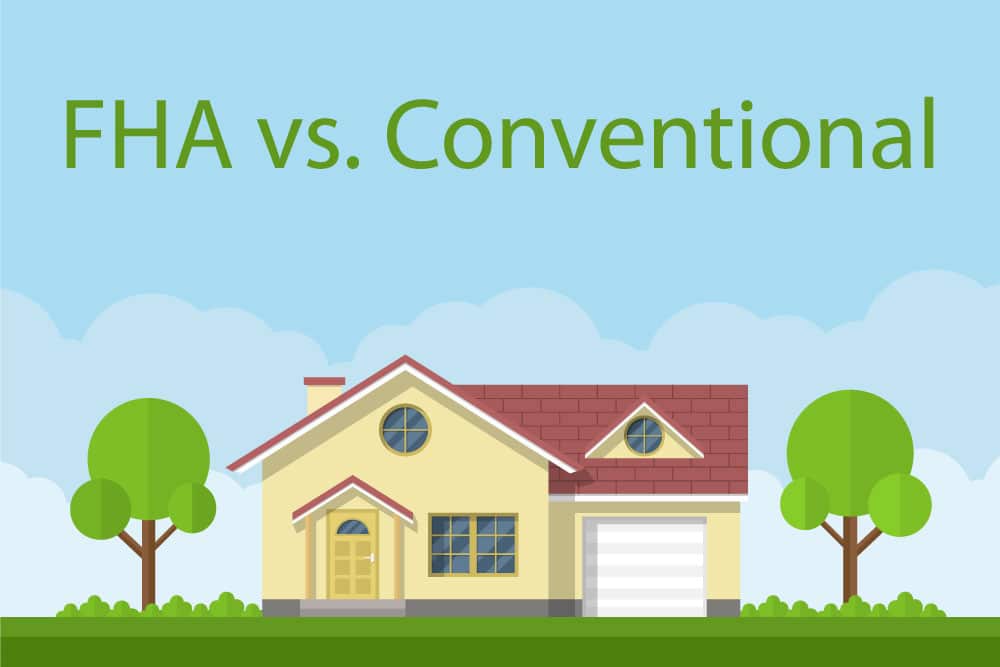For many first-time home buyers, the down payment to buy a home is one of the biggest hurdles to overcome. Often, saving 20 percent is not possible, sending buyers looking for different loan options other than the conventional 80/20 loan. Thankfully, the mortgage industry has several options for buyers who cannot save 20 percent for their home purchase. One of these is the FHA loan program. Before deciding if the FHA loan program is right for you, take some time to look at the differences between this loan and a conventional loan with a low down payment.
FHA vs. Conventional Loans – Down Payments and Qualifications
FHA loans and conventional loans both offer a low down payment option. FHA loans require borrowers with a credit score of 580 or higher to have at least 3.5 percent of the home’s purchase price as a down payment. There are conventional loan products available that require just a 3 percent down payment, provided borrowers have credit scores in the upper 600s and a strong history of savings.
In general, FHA loans are easier to qualify for. Not only do they have lower credit requirements, but they also have higher debt-to-income ratio allowances. With an FHA loan, you have to have a debt-to-income ratio of 50 percent or less, whereas you’re more likely to qualify for a conventional loan with a ratio of 43 percent or less.
FHA vs. Conventional – Mortgage Insurance
If you get a conventional loan with a down payment that is less than 20 percent, you can expect to pay private mortgage insurance (PMI) every month or you can finance pmi in the loan. This fee helps the bank offset their risk for taking on your loan. This fee, which varies based on the cost of the house and your credit rating, drops automatically when your equity reaches 78 percent of the purchase price.
All FHA mortgages have a monthly insurance fee, regardless of down payment. In addition, you must pay an upfront insurance fee, which is 1.75 percent of the loan amount, at closing. If you put down less than 10 percent, the mortgage insurance fee lasts the life of the loan. If you put down 10 percent or more, you can cancel it after 11 years.
Pros and Cons of Conventional Mortgages
Conventional mortgages have simpler mortgage insurance requirements. You will pay a mortgage insurance fee for a low down payment loan, but you may be able to cancel it as soon as your equity gets high enough. This includes equity that comes from home value increases and paying down the loan (subject to certain conditions). However, conventional mortgages with a low down payment can be harder to qualify for, and the mortgage insurance premiums can be quite high if you have poor credit.
Pros and Cons of FHA Mortgages
Because they have government backing, FHA mortgages are easier to qualify for than other types of loans, especially if you have poor credit. They also have more affordable insurance costs for people with low credit scores.
So, which is right for you? This depends on your financial circumstances. Working with a local mortgage consultant will help you make the right decision based on your unique finances and your financial goals. Reach out to Drew Gilmartin at First Home Mortgage for professional advice about FHA and conventional loans in Maryland.
Source
https://loans.usnews.com/fha-vs-conventional-loans-in-plain-english


